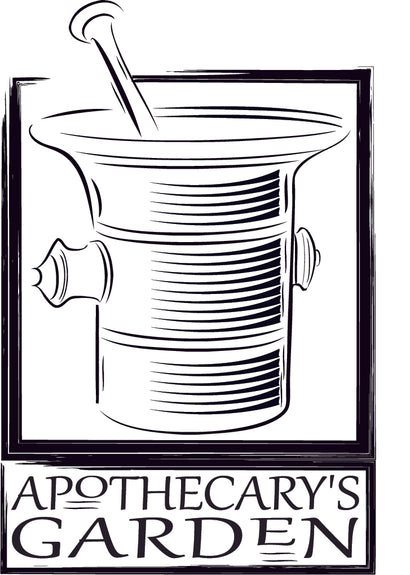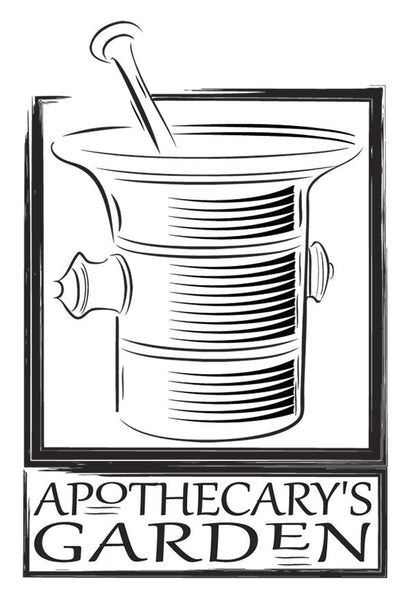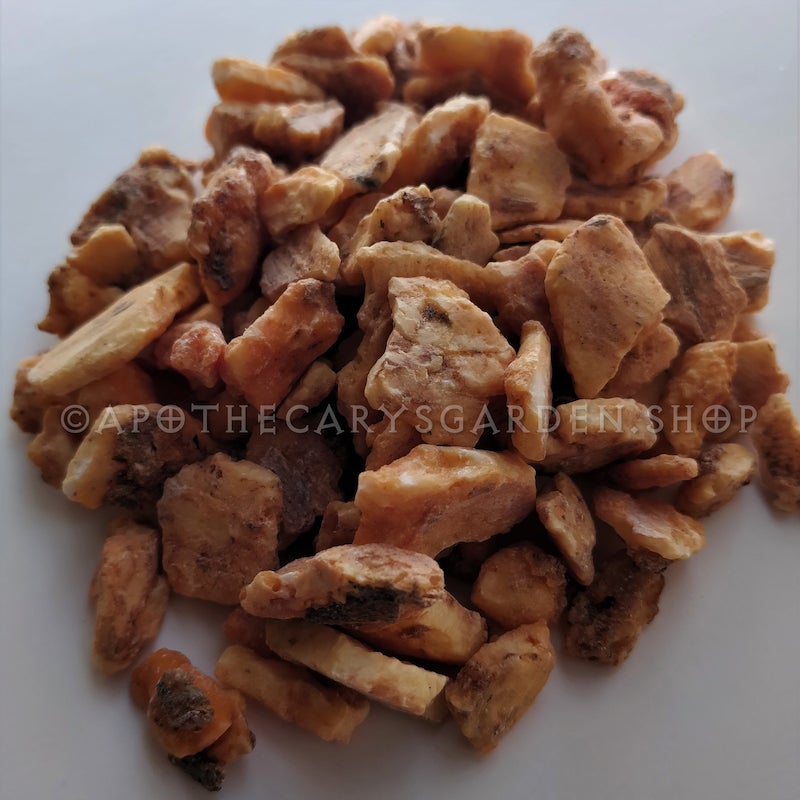
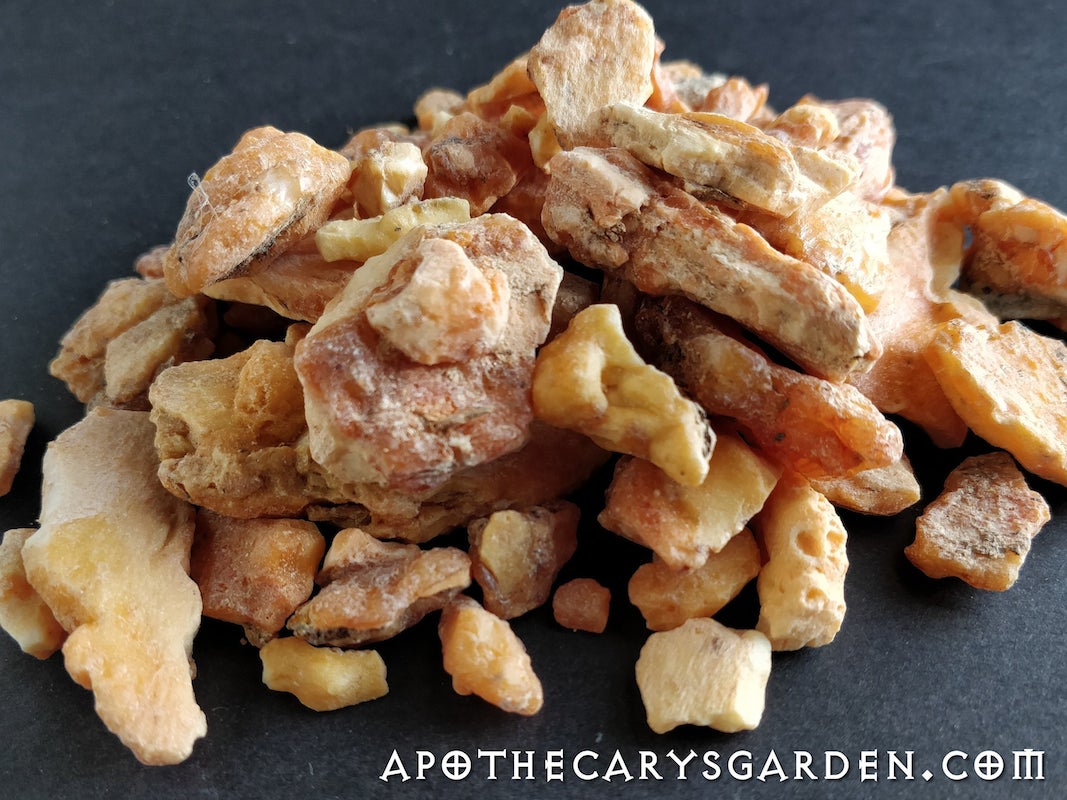
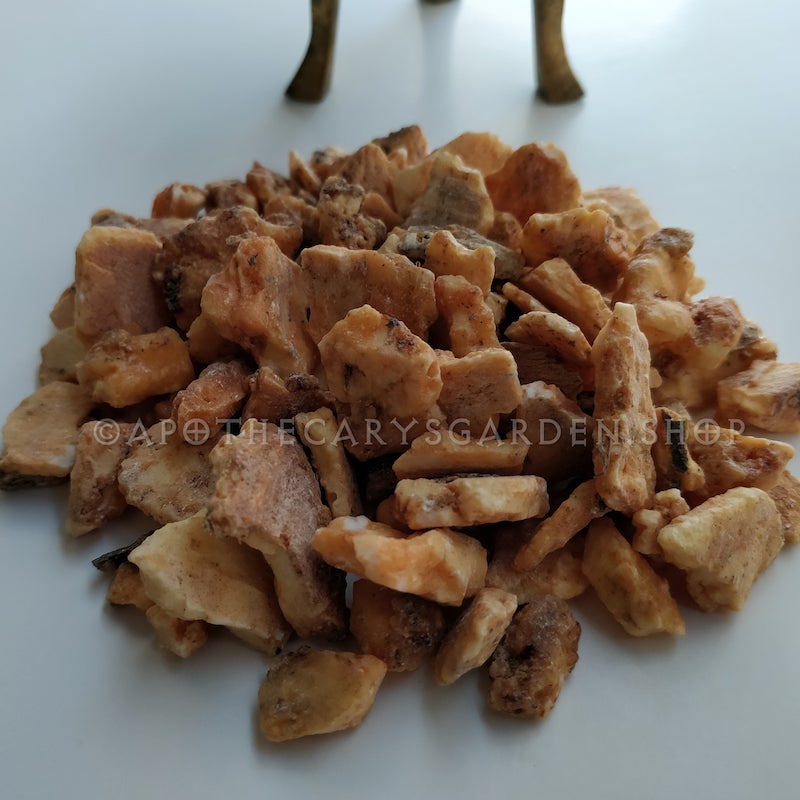
Benzoin Sumatra-Almonds
This listing is for the Highest Grade of Sumatra Benzoin (Styrax benzoin), the Grade A Almonds. They are called Almonds due to the size and general shape of the pieces. They are the cream of the Benzoin crop.
BENZOIN-
Over the decades, I have seen many forms of Benzoin resin. Usually, bland, nondescript chips, tears and powder or grey, grainy, odourless lumps that yield to no solvent. This resin is a material that is beautiful according to all senses and standards.
Benzoin has been used for hundreds, if not thousands of years, in incense formulas and skincare products. It is transformative when blended with other resins and aromatic materials in incense blends. it has been a favourite ingredient in church incense, second only to Frankincense. It is a staple of Amber Accords.
This premium Sumatra Benzoin Grade A Almonds are almost identical to the Siam Benzoin Almonds, except in its odour and especially when burned as incense. It has a more complex and uplifting scent than its cousin Siam Benzoin which smells mostly of Vanilla.
Besides coming in slightly fatter Almonds and having a bit of a redder tone, it is almost impossible to distinguish between these two discrete species of tree resin. They both have a rich Balsamic scent. In appearance, this grade resembles broken pieces of a caramel "brittle" confection and the gourmand image is bolstered by its enchanting Vanilla scent. When inhaling the fresh resin, the Sumatra Benzoin has a slightly sharper scent.
The main difference between the Sumatra Benzoin and the Siam Benzoin is the much higher Benzoic acid content in Sumatra Benzoin. For this reason, Sumatra Benzoin is usually used for preparing pharmaceutical and Apothecary preparations. Benzoic acid retards oxidization in fats, whether they are vegetable carrier oils or animal fats. Most of these oils will go rancid (oxidize), over time and spoil. The benzoic acid in Styrax Benzoin helps preserve oils and is used as a preservative in oil-based products such as medicated oils, salves, ointments etc. (It will NOT protect water-based products!) I believe that 2% Benzoin is sufficient to act as a preservative for oils. (I could be wrong so do some fact-checking and correct me if I am wrong).
Due to this higher Benzoic acid content, it is thought that Sumatra Benzoin is best suited for therapeutic and cosmetic skin-care products.
Siam Benzoin, AKA Styrax Tonkinensis, is used mainly to add its softer, richer and sweeter vanilla-like aroma to products and is often the choice of perfumers.
Both types of Benzoin dissolve easily in alcohol, DPG and Benzyl Benzoate when preparing tinctures, resinoids and absolutes. They are truly a pleasure to work with.
The name Benzoin is believed to have developed through centuries of intercultural "Broken Telephone", much like the children's game that involves whispering a word or phrase to the person next to you and comparing it with what the last person in the line claims they heard.
When Islam came to Indonesia 700 years ago, it was discovered that the native tribes tapped a tree to for its aromatic resin much like the Frankincense trees back home. This resin was not only fragrant, used for incense and medicine, but it came out of the tree white, just like the Luban or Frankincense of the Arabian cultures back home. Thus, it was awarded the Arabic name of Luban Jawi, or Frankincense of Java. (Luban is the Arabic name of Frankincense, Luban in Arabic and Levonah in Hebrew both share the same root word which means "White".)
When the French encountered this Balsamic resin, its name morphed to something more pleasing to the Francophone ear, La Benjawi and later L'Benjoin or Benjoin. The English did not like the ring of it, so they renamed it Gum Benjamin or just Benjamin.
In Ethiopia, Benzoin is still called Lubanjah, and one finds many variations on the theme when travelling, such as Benjawi, Lubanji Lubanya etc..
Benzoin is collected by an incision in the tree and partially peeling back the bark underneath it. This creates a pocket that contains the liquid resin and holds it in place until it solidifies.
Benzoin is traditional medicine in many cultures. It is used as an expectorant and wound healer. Like many other tree resins, Benzoin has an affinity with the skin and is used to address dry, chafed, chapped, cracked and rough skin, nipples and heels. It is one of the ingredients in Friars Balsam which is a compound tincture used internally for coughs and respiratory irritations and used externally for small wounds.
As an incense, Siam benzoin yields a dense Vanilla-sweet smoke when burned and is usually blended with other incense ingredients. It is a component in traditional incense formulas of the Orthodox Church and is often found in the "Rock" type Arabian Bakhour bricks. It is used extensively as a flavour ingredient in food, confection, beverages and tobacco products
It is used in perfumery for its vanilla-like scent and fixative properties and is considered an important ingredient in Oriental-style perfumes and Amber accords.
Raw Benzoin resin dissolves completely in Ethanol but not fixed/carrier oils which can be frustrating. It does dissolve, however, in Benzyl Benzoate ( a compound found in abundance in Benzoin resin), which can facilitate blending with carrier oils.
From an aromatherapeutic perspective, Benzoin is calming, grounding, and uplifting and helps alleviate feelings of anxiety and depression.
In traditional Chinese medicine, the Benzoin resin family is named An Xi Xiang, meaning "The peaceful rest fragrance".
Though used traditionally for its skin healing properties, in excess, Benzoin can cause a reaction in some individuals and can also cause sensitization. Use Benzoin products with care, well-diluted and with moderation.
Dan
Materials: Gum benjamin, Sumatra Benzoin, Benzoin Sumatra, Luban, Luban Jawi, Jawi.
